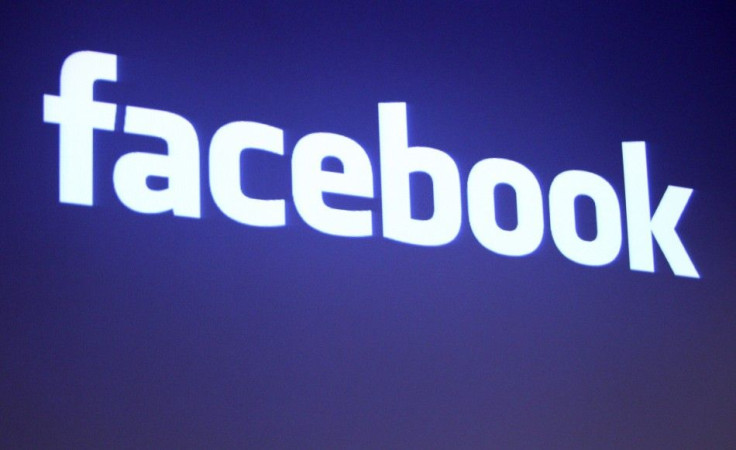When Can Employers Fire You for Facebook, Twitter?

Employers often have rules about Facebook, Twitter and other social media sites, and people have been sacked for going against company policy.
But the punishments may not all be justified. According to a report by The Associated Press Monday, a surge of more than 100 complaints has come to the National Labor Relations Board -- the majority within the past year -- over confusion about what is permissible on Facebook and Twitter.
Employers are struggling to figure out what the right policies are and what they should do when these cases arise, Michael Eastman, labor law policy director at the U.S. Chamber of Commerce, told The AP.
Some comments on social media can clearly cause an employer to take action. In 2009, Connor Riley, a then 22-year old master's student in California, made the infamous Cisco Fatty tweet after being offered a position with the technology giant.
Cisco just offered me a job! Now I have to weigh the utility of a fatty paycheck against the daily commute to San Jose and hating the work, she tweeted.
Riley was roundly criticized on Twitter for the comment (she had already turned down the position).
But other cases are not so clear cut. The New York Times reported in November last year that the NRLB, for the first time, took on an employer over social networking policies. They filed a complaint against American Medical Response of Connecticut after the employer fired a medical technician named Dawnmarie Souza, who mocked her supervisor with inflammatory language.
The National Labor Relations Act-among other things-- bars employers from punishing workers for discussing working conditions or unionization, the New York Times notes. The question often boils down to whether the social media post was actually communicating with co-workers.
Most of the social media policies that we've been presented are very, very overbroad, Lafe Solomon, the active general counsel of the NLRB, told The AP. They say you can't disparage or criticize the company in any way on social media, and that is not true under the law.
The company prohibited talking negative of superiors and co-workers and also depicting the company on social media in any way. The American Bar Association reported that a settlement was reached, where Souza did not return to work but where the company policy was changed.
Earlier this month, an administrative judge for the NRLB argued that Hispanics United of Buffalo in Buffalo, N.Y. had illegally fired five workers for taking to Facebook with concerns over workload and staffing. The group was required to re-employ the workers and give them back pay.
Despite these successes, Solomon points out that just because a person gets fired for social media use doesn't mean he or she will have a strong case with the NRLB.
A lot of Facebook, by its very nature, starts out as mere griping, he said. We need some evidence either before, during or after that you are looking to your fellow employees to engage in some sort of group action.
© Copyright IBTimes 2025. All rights reserved.




















